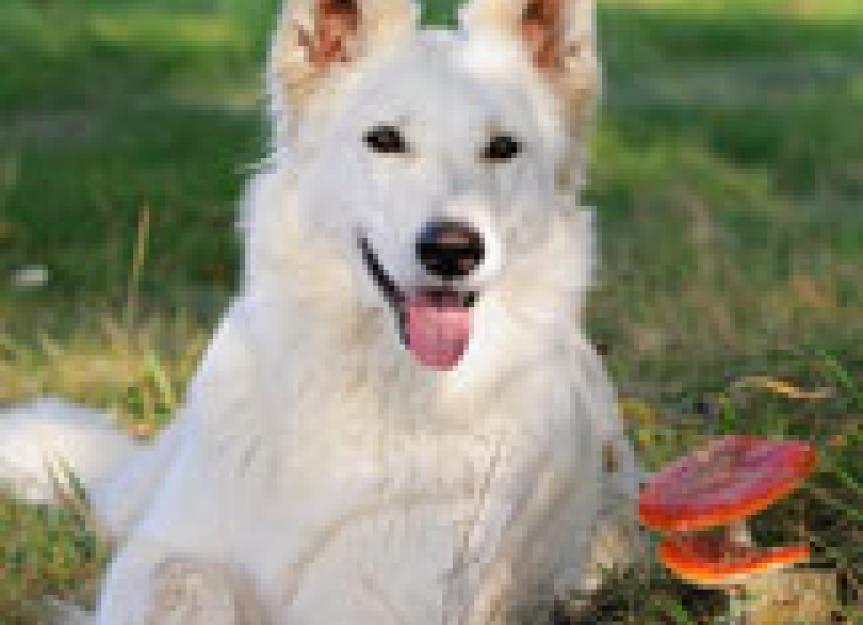Have you ever wondered if dogs can eat morel mushrooms? It’s a valid concern as certain mushrooms can be toxic to our furry friends. In this article, we will explore the dangers of allowing dogs to consume morel mushrooms and the potential risks involved.
The Sad Story of a Dog and Morel Mushrooms
Allow me to share a heartbreaking case from my years of veterinary practice. A couple decided to go mushroom hunting and collected a large amount of morel mushrooms, a non-toxic and delicious variety found in the wild. They piled the mushrooms on the ground while their dog was nearby. Unfortunately, when they turned their backs, the dog devoured the entire pile.
Panicked but conscientious, the owners rushed their dog to my veterinary clinic. We faced two challenges: determining the toxicity of morel mushrooms for dogs and assessing the potential effects of other toxic mushrooms that may have been unknowingly collected. To complicate matters, the dog was undergoing chemotherapy for lymphoma, although she was in remission.
To err on the side of caution, we induced vomiting to expel any remaining mushrooms and administered activated charcoal. The dog was put on intravenous fluids for support. Initially, we remained hopeful, but sadly, the dog’s condition deteriorated rapidly.
The Tragic Consequences
Within a few hours, the dog became visibly ill, displaying symptoms such as depression, lethargy, vomiting, drooling, and abdominal pain. Upon examination, we discovered constricted pupils and an abnormally slow heartbeat. These were classic signs of severe poisoning from a mushroom that can utterly devastate the liver. Despite our best efforts, we were unable to save the dog, and she passed away.
Investigating the exact cause of this tragedy proved challenging. Was there a unique syndrome triggered by the massive amount of mushrooms consumed? Did the lymphoma and ongoing chemotherapy contribute to the outcome? Or did the owners unknowingly include a toxic mushroom among the morels? Although it may not offer much solace, the latter scenario seems the most likely. Perhaps, in her last moments, the dog unwittingly saved her owners from their own mistake.
The Importance of Avoiding Wild Mushrooms
This devastating story serves as a reminder to never allow your dog to eat wild mushrooms. Even normally non-toxic mushrooms can pose a risk if toxic varieties are mistakenly collected. The potential for tragedy is too great to take any chances.
Now, you may wonder if store-bought mushrooms are safe for dogs. In theory, they should be fine. However, after witnessing the unfortunate outcome of this case, I hesitate to recommend even those.
For the safety and well-being of your beloved canine companion, it is best to stick to a balanced and nutritionally appropriate diet. Remember, prevention is key when it comes to protecting our furry friends from harm.
Frequently Asked Questions
Q: Are morel mushrooms toxic to dogs?
A: Morel mushrooms themselves are non-toxic to dogs. However, consuming a large quantity may cause gastrointestinal upset.
Q: Can dogs eat any type of wild mushrooms?
A: It is strongly advised to prevent dogs from consuming any type of wild mushrooms as they can be toxic and potentially lethal.
Q: Are store-bought mushrooms safe for dogs?
A: While store-bought mushrooms should be safe for dogs, it is always best to consult with your veterinarian before introducing any new food into your dog’s diet.
Conclusion
The tragic tale of the dog and the morel mushrooms highlights the importance of being cautious when it comes to what our dogs consume. While morel mushrooms themselves may not be toxic, the risk of unintentionally collecting toxic varieties is too great to ignore. To ensure the well-being of our beloved pets, it is best to keep them away from all wild mushrooms and exercise caution even with store-bought varieties.
By prioritizing our dogs’ safety and nutritional needs, we can provide them with a long and healthy life. Remember, when it comes to our furry companions, it’s always better to be safe than sorry.
Dr. Jennifer Coates
